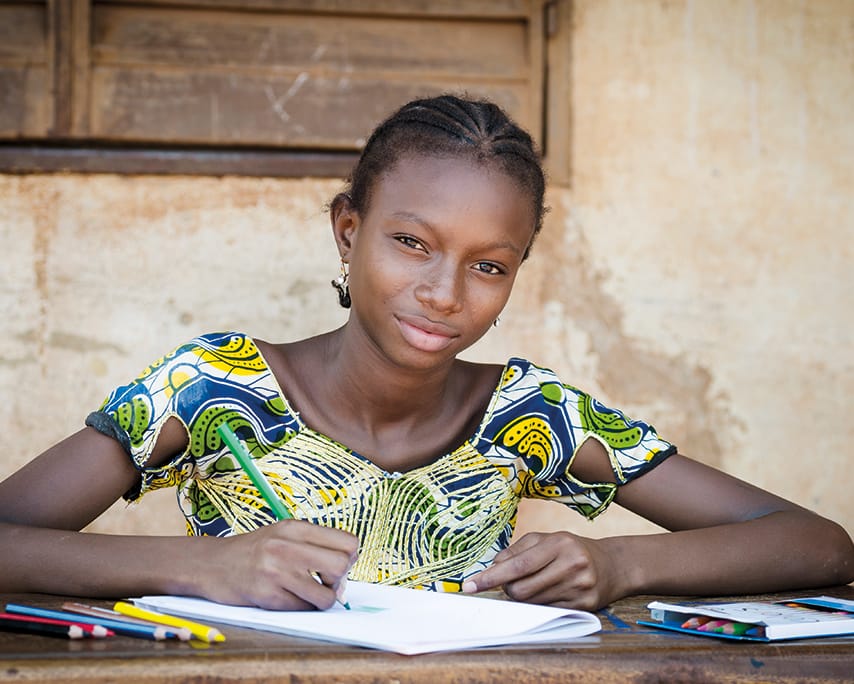Photo credit:Borgogniels /Getty Images
International Literacy Day
Information and knowledge are pivotal drivers of societal progress and transformation. Access to accurate and relevant information, coupled with the ability to understand and apply it, is essential for fostering positive change. Literacy not only equips individuals and communities with the tools needed to make informed decisions, but also empowers them to navigate and influence their circumstances effectively. Furthermore, access to information facilitates participation in governance and decision-making processes, ensuring that individuals can contribute to shaping policies and societal structures.
In a broader sense, literacy encompasses acquiring knowledge and skills across various fields, enabling individuals to engage effectively in society. Today, this broader literacy also includes multilingualism. The United Nations recognises the importance of multilingualism as a means to ensure global inclusivity and diplomacy. With over 6,000 languages spoken worldwide, linguistic diversity is both a challenge and an opportunity. As global communities become increasingly interconnected due to advancements in information, communication, and technology, being multilingual enhances one’s ability to communicate, collaborate, and engage with diverse cultures and perspectives. This focus on multilingualism underscores this year’s International Literacy Day theme: “Promoting Multilingual Education: Literacy for Mutual Understanding and Peace.”
The fundamental reading and writing skills remain crucial, as they enable individuals to understand and produce written texts. These skills are vital for practical tasks such as filling out forms, following instructions, and making informed decisions. Additionally, the ability to locate, evaluate, and use information effectively and responsibly is increasingly vital in today’s digital landscape.
Digital innovations, especially the Internet, have revolutionised how we access and use information. With vast amounts of knowledge available through search engines and online databases, information is more accessible than ever, allowing people worldwide to learn and collaborate in new ways. Social media platforms have further transformed information dissemination, enabling messages to reach broad audiences swiftly and empowering individuals and groups to raise awareness, mobilise support, and amplify voices that might otherwise go unheard. In today’s digital landscape, digital literacy is not just important, it’s essential.
Mastering multiple languages is increasingly important for effectively participating in a globalised world. This skill goes beyond just understanding digital tools and media. Being proficient in several languages improves one’s ability to interact and engage meaningfully across different cultures and societies. It is crucial for those involved in education, such as teachers and policymakers, to support and promote educational methods that encourage learning multiple languages. The goal should be to ensure that multilingual education is not just about learning languages at a basic level. It should also address current global and societal challenges, such as building better relationships and fostering peace among diverse groups.
Today’s definition of literacy encompasses more than just reading, writing, and understanding information. It now includes the ability to interact meaningfully with a global community. This year’s International Literacy Day serves as a call to action, highlighting that multilingual education enriches literacy by fostering mutual understanding between people from different linguistic and cultural backgrounds. Being literate in multiple languages helps bridge communication gaps, reduce misunderstandings, and promote peaceful interactions and cooperation among diverse groups.



